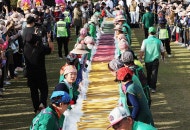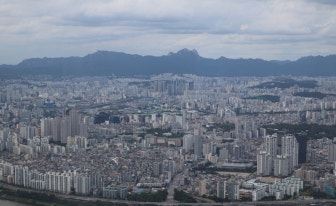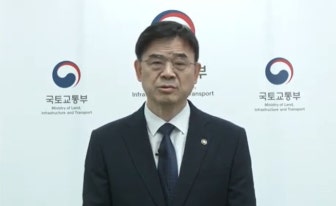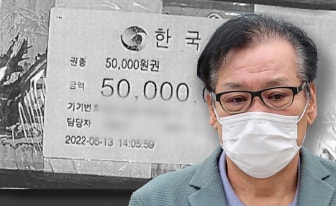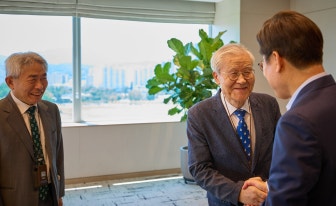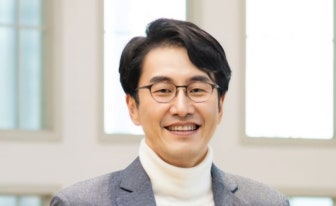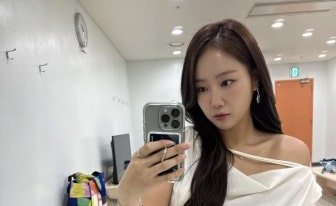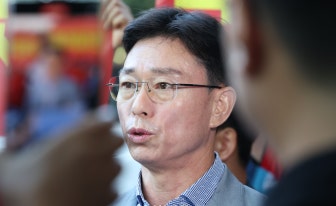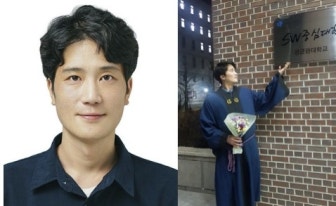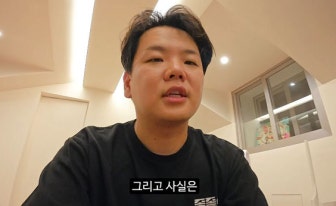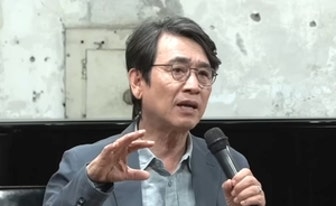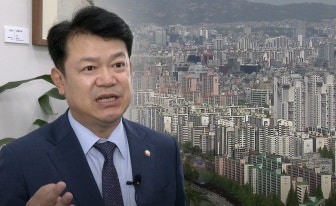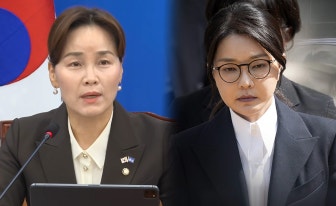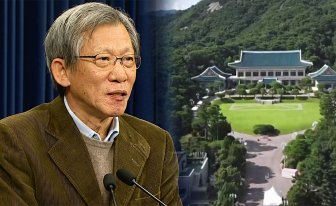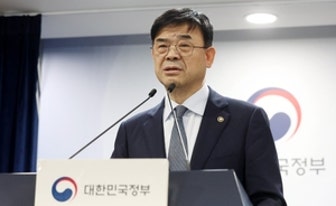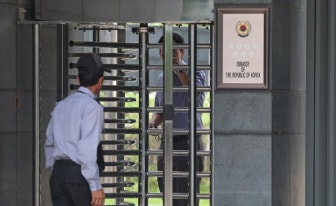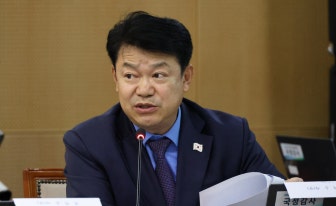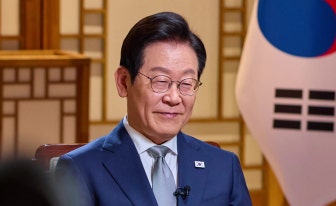Sanae Takaichi won a parliamentary vote on Tuesday to become Japan’s first female prime minister, introducing a new variable to the Lee Jae Myung administration’s diplomacy with Tokyo.
Takaichi succeeds Shigeru Ishiba, a moderate who prioritized stable ties with Korea. Known for her hard-line conservative views, Takaichi is often called the “female Abe,” a reference to former Prime Minister Shinzo Abe.
Her leadership could alter the recent momentum in Korea-Japan relations, which had been trending toward cooperation.
The Korean government said it would seek to continue that positive trajectory.
“We will maintain close communication with Japan’s new cabinet to continue the positive momentum in Korea-Japan relations,” Ministry of Foreign Affairs spokesperson Lee Jae-woong said during a regular briefing on Tuesday. “Korea and Japan are neighbors with similar positions in a shifting geopolitical and trade landscape, and global partners for cooperation.”
The presidential office is expected to send a congratulatory message to Takaichi in the coming days.
Takaichi will debut on the diplomatic stage almost immediately. She plans to attend the Asean Summit in Malaysia on Oct. 26, host U.S. President Donald Trump in Tokyo for a three-day visit starting Oct. 27 and travel to Korea on Oct. 30 for the APEC Economic Leaders' Meeting in Gyeongju, North Gyeongsang, scheduled for Oct. 31 and Nov. 1.
She is expected to hold her first summit with President Lee on the sidelines of the APEC meeting.
Observers see the early meeting as a promising sign. Since President Lee took office, Seoul and Tokyo have worked to restore "shuttle diplomacy" and normalize bilateral dialogue. Lee visited Tokyo in August before heading to Washington, and Ishiba made a reciprocal visit to Busan in September.
Seoul has maintained its third-party compensation solution for victims of wartime forced labor and launched dialogue channels on shared challenges, such as low birthrates and the climate crisis.
Analysts say Ishiba’s moderate tone helped drive that progress. Takaichi, by contrast, has voiced skepticism toward Japan’s wartime apologies, including the 1993 Kono Statement and 1995 Murayama Statement.
Her past remarks have raised concerns in Seoul that historical issues — such as Tokyo’s claim to Dokdo and memorials for victims of forced labor — could once again inflame tensions.
Still, most experts expect her to proceed cautiously at first.
“Takaichi formed a coalition with the Japan Innovation Party, but she still leads a minority government,” said Park Cheol-hee, former Korean ambassador to Japan. “Unlike the Abe era, her administration lacks the political capital to take an aggressive posture.”
Park said Japan may take a more conservative turn overall, but has little incentive to disrupt Korea ties in the short term.
“We may see some conservative messaging on historical or territorial issues, but her government is likely to watch and wait for now,” he said.
Korea and Japan also share concerns over Trump’s protectionist trade policies and the growing strategic rivalry between Washington and Beijing. Officials in Seoul believe Takaichi is unlikely to jeopardize a relationship that has only recently begun to stabilize.
“Takaichi will likely avoid making provocative statements about Korea for now and focus on a smooth transition,” said Choi Eun-mi, a research fellow at the Asan Institute for Policy Studies. “But over time, her conservative instincts could resurface, especially if she sees political value in it.”
Some warn that domestic politics could push her toward nationalist rhetoric.
“The ruling Liberal Democratic Party’s top priority is winning the next general election,” said Yang Ki-ho, a professor of Japanese studies at Sungkonghoe University. “Takaichi lacks Abe’s charisma and holds a weaker base. That makes Korea-Japan relations more vulnerable to political turbulence.”
Her leadership could also reshape trilateral cooperation with the United States. Although the foreign ministers of Korea, the United States and Japan met in New York last month, the three countries have yet to hold a summit since Trump began his second term.
With Seoul and Washington making progress on tariff negotiations, officials believe Takaichi’s entry could build momentum toward a new trilateral summit, similar to the one held at Camp David in August 2023.
This article was originally written in Korean and translated by a bilingual reporter with the help of generative AI tools. It was then edited by a native English-speaking editor. All AI-assisted translations are reviewed and refined by our newsroom.


![The Japanese national flag waves at the Bank of Japan building in Tokyo on March 18, 2024. [REUTERS/YONHAP]](https://imgnews.pstatic.net/image/640/2025/10/21/0000078605_003_20251021191511412.jpg?type=w860)















